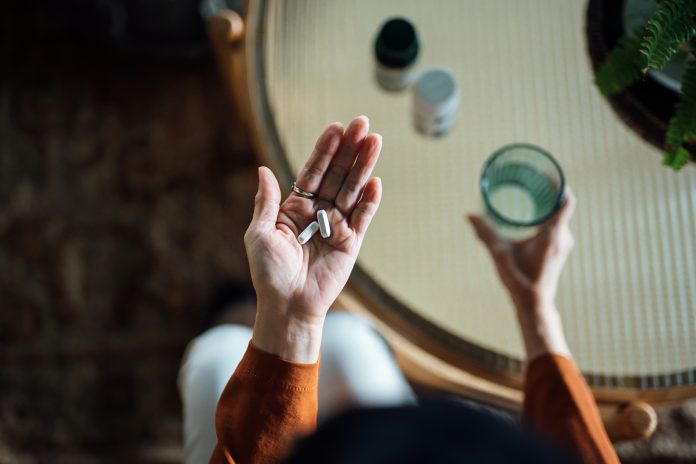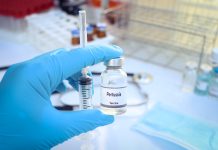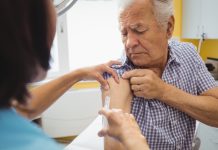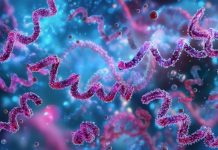The effect of the anti-ageing drug rapamycin differs in male and female fruit flies, find researchers, who seek to understand how sex influences the development of age-related disease
Sex differences can establish the variance in responses to pharmacological treatments by regulating metabolism, responses to stress, immune responses and autoinflammation and the rate of decline of circulating sex steroid hormones (menopause and andropause). Exploring this, researchers aim to analyse the sex differences in the anti-ageing drug rapamycin.
Sex differences in lifespan are almost as prevalent as sex itself, write researchers from the Max Planck Institute for Biology of Ageing, and University College London, who note that while women are the longer-lived gender – in some countries by an average of >10 years – they bear a greater burden of age-related morbidities than do men.
Understanding how sex influences the development of age-related diseases, and responses to treatment, will be key to moving forward with the development of therapeutics and medicine.
Physiological sex differences lead to different risks of developing age-related diseases
The differing effects of medicines on women and men apply to the most promising anti-ageing drug, rapamycin.
The researchers gave the anti-ageing drug to male and female fruit flies to study the effect on the different sexes. Rapamycin is a cell growth inhibitor and immune regulator that is normally used in cancer therapy and after organ transplantations.
They found that rapamycin extended the lifespan and slowed age-related intestinal pathologies in female flies but not in males. But why?
This anti-ageing drug rapamycin increased autophagy
This anti-ageing drug rapamycin increased autophagy, known as the cell’s waste disposal process, in the female intestinal cells. Male intestinal cells, however, already seem to have a high basal autophagy activity, which cannot be further increased by rapamycin. The scientists could also see this effect of rapamycin in mice.
Rapamycin only slowed the development of age-related pathological changes in the gut in female flies, demonstrating that biological sex is a crucial factor in the effectiveness of anti-ageing drugs. Overall, female mice showed increased autophagy activity after treatment with rapamycin.
Could this lead researchers to sex-specific, personalised treatments?
Yu-Xuan Lu, one of the leading authors of the study, said: “Our long-term goal is to make men live as long as women and also women as healthy as men in late life. But for that, we need to understand where the differences come from.
“Previous studies found that females had greater responses to rapamycin on lifespan extension than did males in mice, we now uncover an underlying mechanism of these differences using flies.”
Linda Partridge, senior author of the study, added: “Sex can be a decisive factor for the effectiveness of anti-ageing drugs. Understanding the processes that are sex-specific and determine response to therapeutics will improve the development of personalised treatments”.











